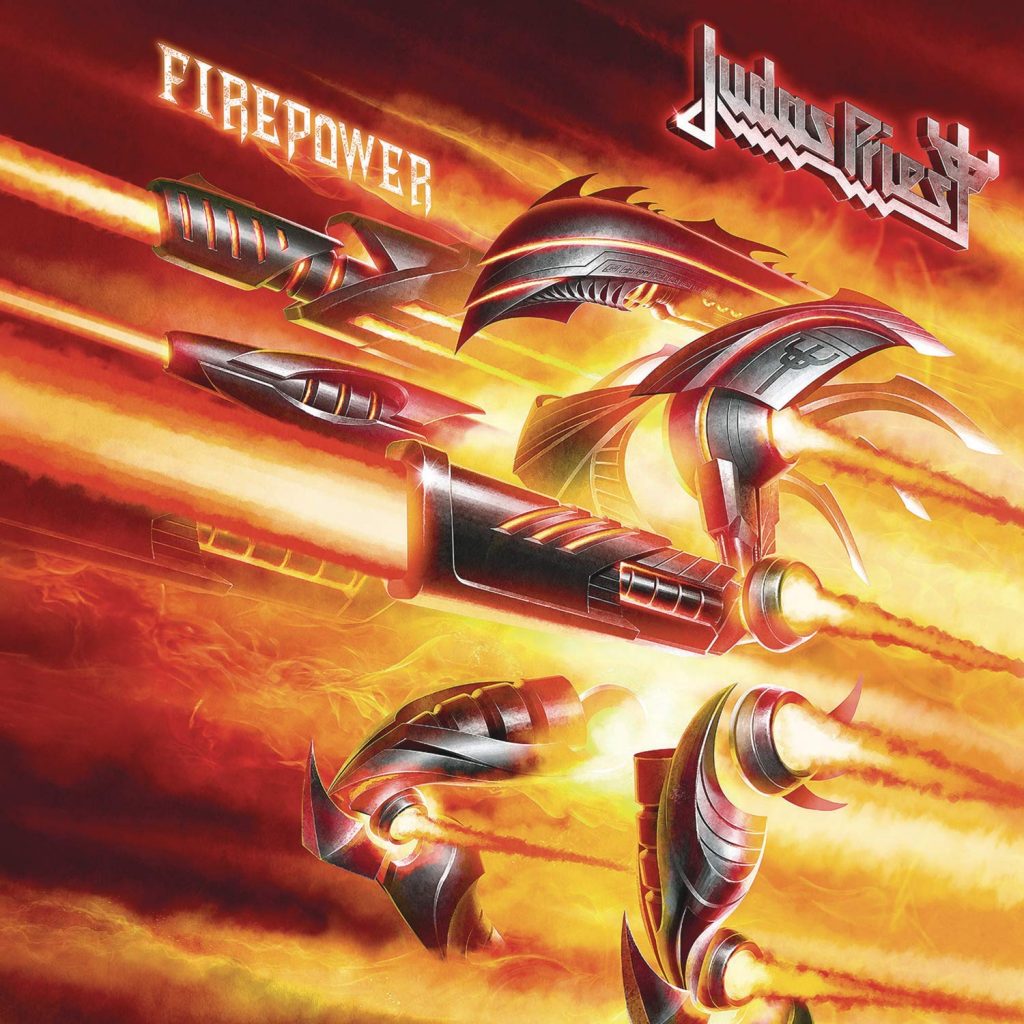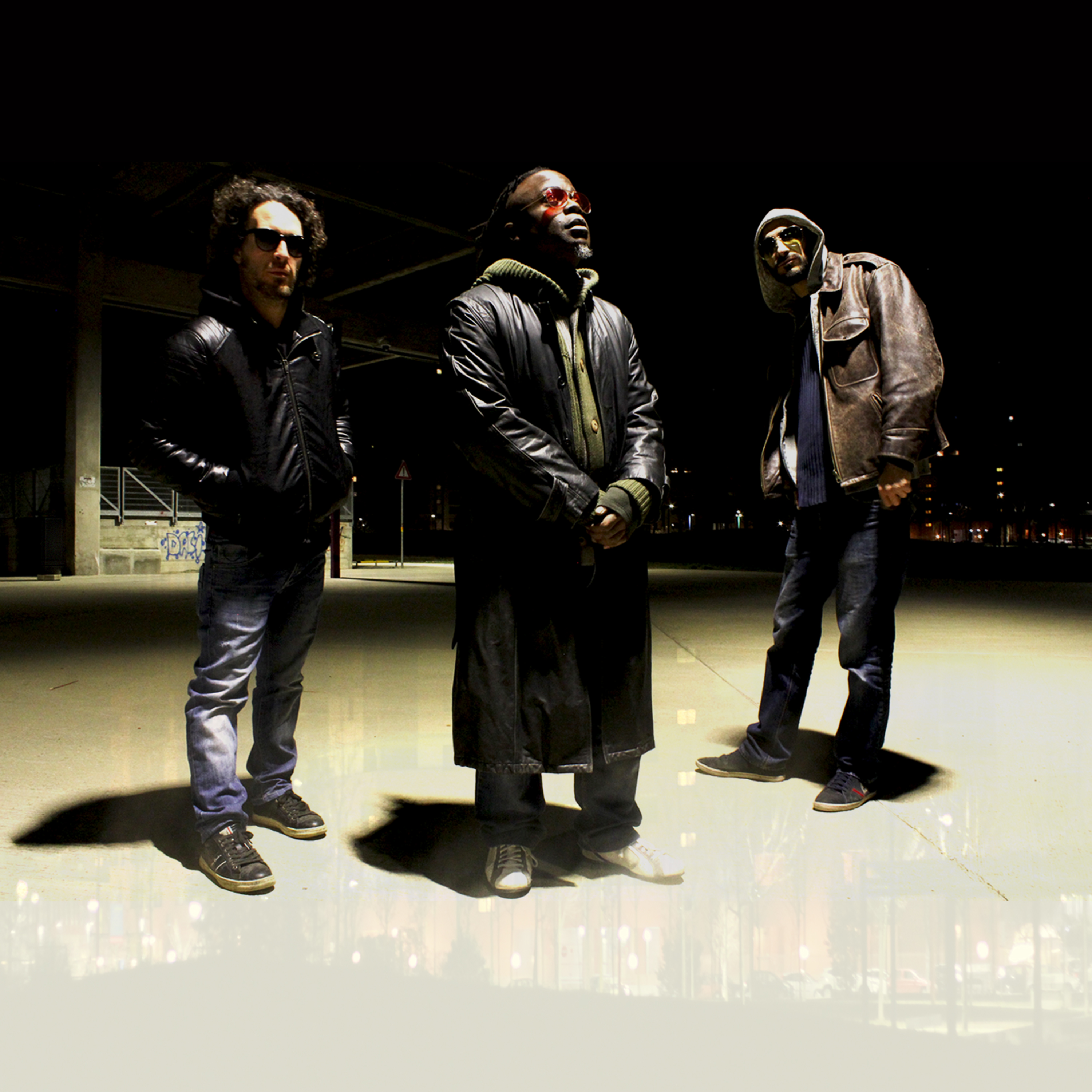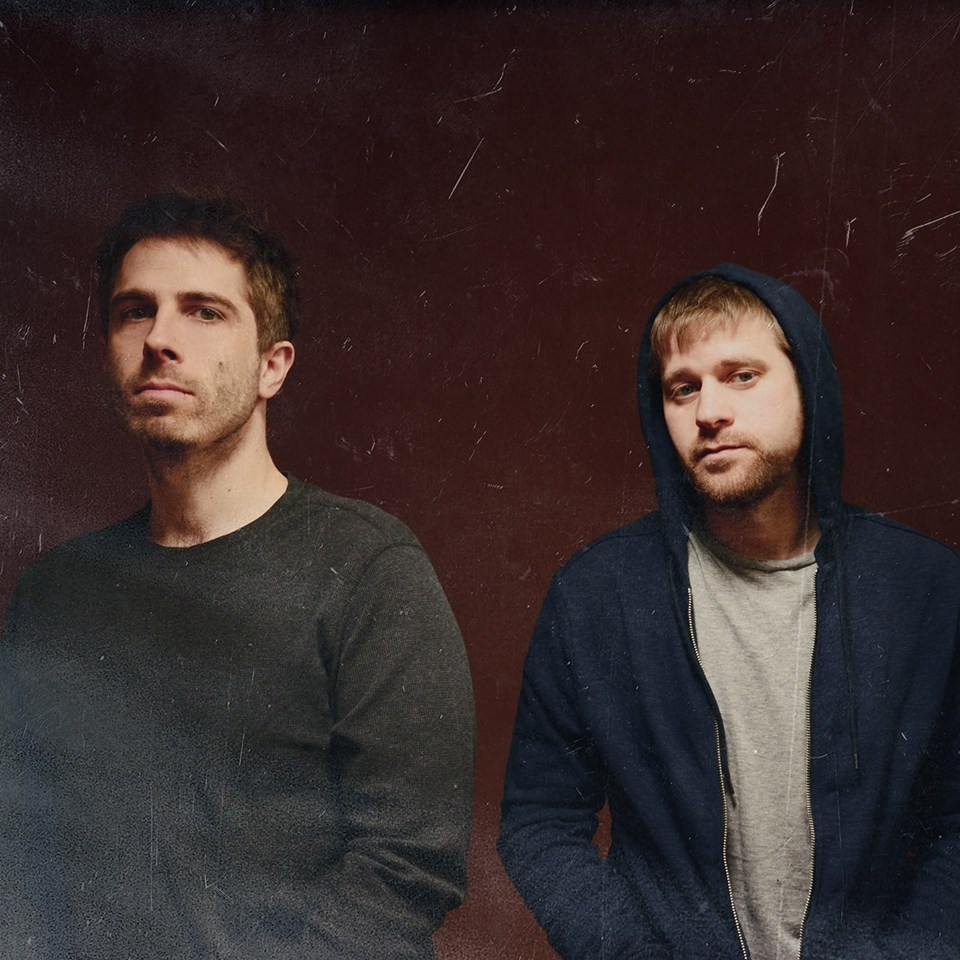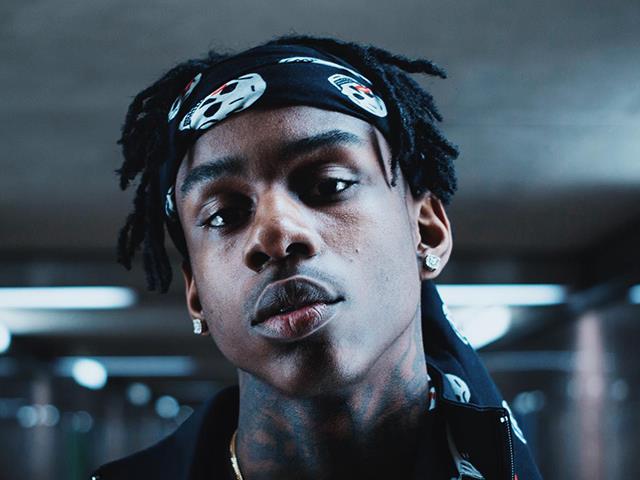Album Review: Judas Priest’s ‘Firepower’
Today is a good day.
I have finally got my hands on Judas Priest’s newest release, Firepower, and am excited to hear it. Will it be as good as their classics, like Painkiller and Screaming For Vengeance? A more commercialized form of Judas Priest’s particular brand, like Turbo or Point of Entry? Something completely different like Jugulator or Nostradamus?
Only a good listen will reveal the truth.
Judas Priest is a heavy metal band from Birmingham, England. They formed in 1970, and have produced 16 full-length albums with vocalist Rob Halford, and 2 albums with vocalist Tim “The Ripper” Owens. I consider Rob to be one of the best voices in the entire metal scene, next to Ronnie James Dio.
Currently, Priest’s lineup consists of Rob Halford (vocalist), Glenn Tipton (guitarist), Richie Faulkner (guitarist), Ian Hill (bass), and Scott Travis (drums).
The album art is true to Judas Priest’s 80’s material. Firepower features an art-deco style robot, called “Titanicus”, powered by the fiery spirit of heavy metal. Like the Painkiller on Painkiller or the Metallian on Defenders of the Faith, it demands attention on the store shelf. The back reads “Forged by a conflagration of molten metal fury in Hellion-Metallian, a warrior for justice and salvation – ultimate god of firepower: Titanicus”, a promising description for the newest of Priest’s albums.
First up is the track, “Firepower”. It opens up with a crunchy, yet sharp riff reminiscent of German power metal like Primal Fear, Iron Savior, or Rage, immediately on the attack. Halford opens up with his trademark scream, his tremendous voice as powerful as his younger days. The chorus, “Firepoooower!” is very catchy, and the double bass in the background is reminiscent of the first verse in “Leather Rebel”. Tipton’s guitar solo is tight and melodic, and immediately afterward Halford’s vocals soar, similar to the third verse of “Turbo Lover”. Not content with a single solo, the guitar wails again, driving forward the rhythmic double bass section in the last chorus. Immediately, this track is a favorite.
“Lightning Strike” starts off, with a mid-paced, but headbanging riff mildly reminiscent of Iron Maiden’s “The Trooper”. Tipton’s guitar wails briefly, before Halford steps in. The line in the pre-chorus, “You’re sowing the seeds of a nightmare from hell” features gritty vocals as seen in the Painkiller tracks “All Guns Blazing” and “Between the Hammer and the Anvil”. Another great song, this album is starting off strong.
“Evil Never Dies” is an interesting mixture of heaviness and commercial sensibilities, oozing darkness and glitz at the same time. The opening riff, verses, and chorus are consumed in crushing riffs and double bass, while the pre-chorus briefly shines with blues influence. The middle of the song features an acoustic guitar, similar to “Night Crawler”. Again, great song.
“Never the Heroes” opens up with an electronic synth pattern similar to Die Krupp’s “Metal Machine Music”, while a lone guitar cries in the background. A drum and cymbal pattern briefly fills in the rest of the intro, before the powerful main riff reminiscent of Primal Fear’s “Cold Day in Hell” barges in. An acoustic guitar is featured prominently in the first verse, contrasting the main riff expertly. Unfortunately, this is not replicated in the rest of the song’s verses. The guitar solo is very good, with some catchy lines interspersed. With such an impressive start, can the rest of the album keep up the momentum?
“Necromancer” begins with a sharp riff reminiscent of Annihilator’s “The Rush” and Overkill’s “Bleed Me”. This is another dark sounding song, but again there is a touch of commercial melody in the chorus. The cry of “Nec-ro-mancer!” brings to mind Warrant’s “Cherry Pie” for the briefest moment, before going back to Priest. So far, each and every song has been a heavy hitter.
Another mid-pacer crests, “Children of the Sun”. This is a basic heavy metal anthem, very similar to Hammerfall’s “Crimson Thunder”. However, after the first five masterpieces, it’s a bit of a let down. It’s still a good song but doesn’t make as much of an impact.
Next is “Guardians” and “Rising From Ruins”. The intro plus song format has been used by bands many times in the past, including Judas Priest with their classic “The Hellion/Electric Eye” combo. “Guardians” is cinematic and leads into “Rising From Ruins” nicely, but fails to capture my attention on its own, unlike the aforementioned “The Hellion”. “Rising From Ruins” on the other hand, hits with a crunchy riff, and is a solid song all around. Again, the Hammerfall vibe is present during the first verse, similar to “We Won’t Back Down”.
“Flame Thrower” is next, and the similarity to “Hot For Love” immediately strikes me. The vocal inflections and word progression during both song’s verses are very similar. “Spectre”, the next song, features the same mid-paced, kind of generic aspect. Both are average, and create a small dip in the album’s energy.
“Traitor’s Gate” starts with a short acoustic interlude, before the energy from the album’s beginning picks up again. Featuring a very good riff, it continues the mildly dark tone set by “Evil Never Dies” and “Necromancer”. It even has some Hammerfall-style chanting as seen in “The Templar Flame”. “No Surrender” continues the comeback, featuring a nice headbanging riff at the end of the song, and reminds me of hard rock/heavy metal bands like Dokken with the mildly commercialized sound. Both songs are a welcome peak in the latter half of the album.
“Lone Wolf” features a blues-tinged sound, and is mainly a mid-paced rocker. This stands out from the rest of the album, but not enough to get to top tier. “Sea of Red” is last, starting off with some calming acoustic guitar and light electric guitar. Typically, I’m not really a fan of ballads, but this one stands out as Halford’s excellent vocals carry it. The heavy riffs in the second half also create a nice dynamic with the almost mournful melody.
I haven’t heard much of Judas Priest’s post-Painkiller material, so Firepower is a welcome listen. The album is very strong in the beginning, falters a bit in the middle, but rises again at the end. Halford’s vocals and Tipton’s guitar playing are top notch, exuding skilled musicianship in spades. Richie, Ian, and Scott all sound great, and prove that though Priest may change their lineup, they perform with the same high standards and headbanging energy they are known for.




